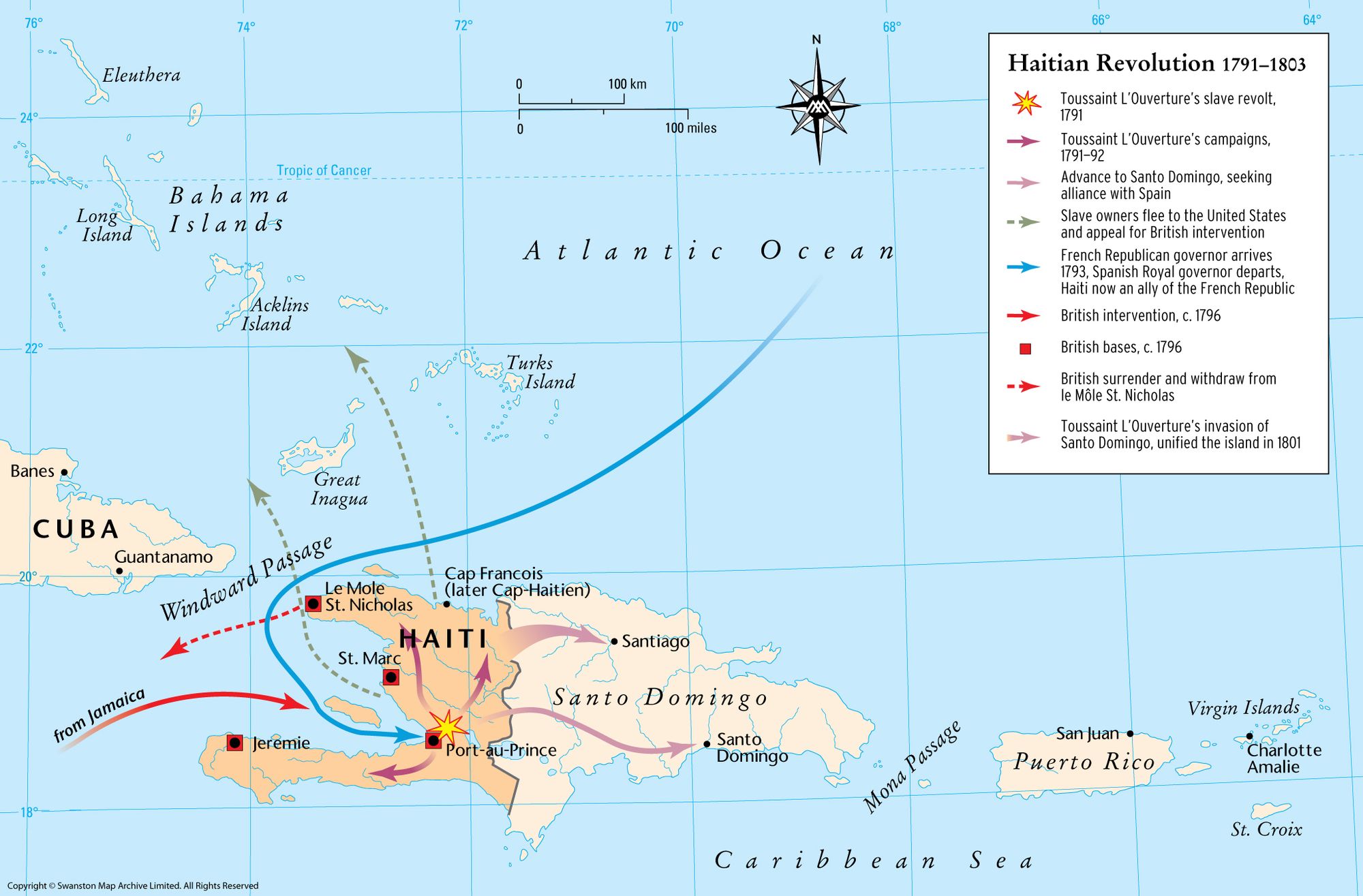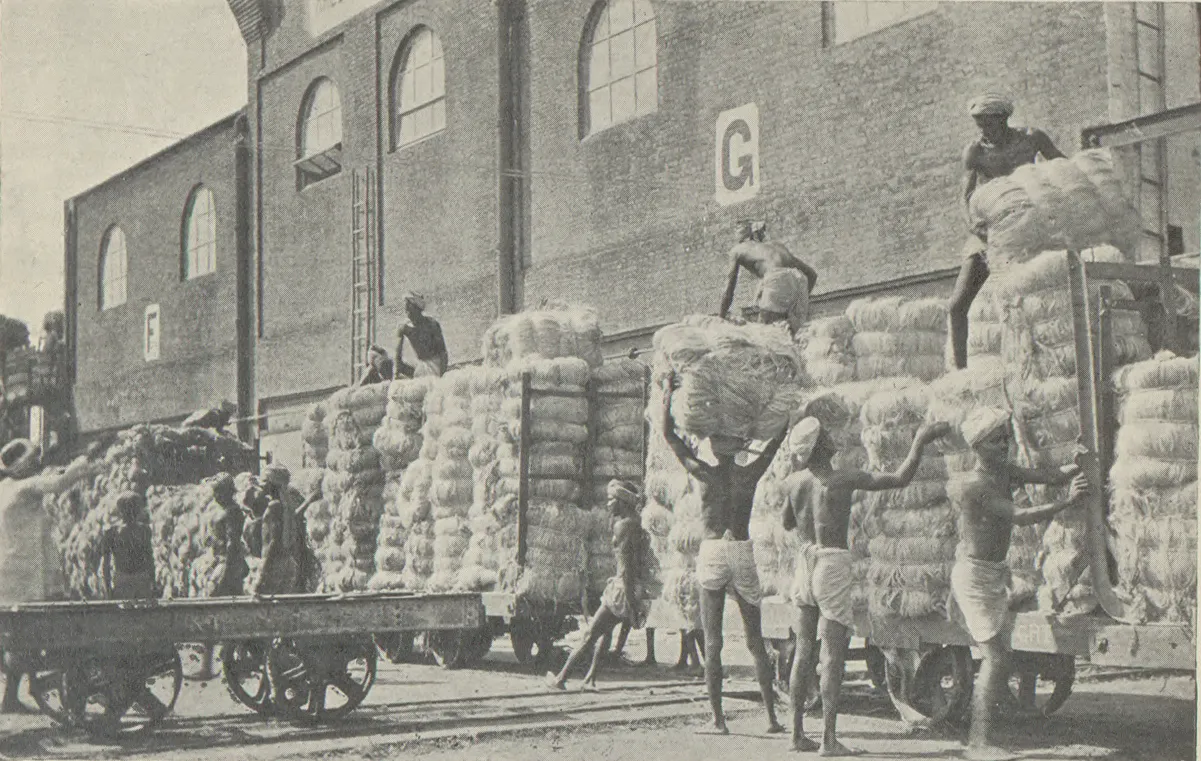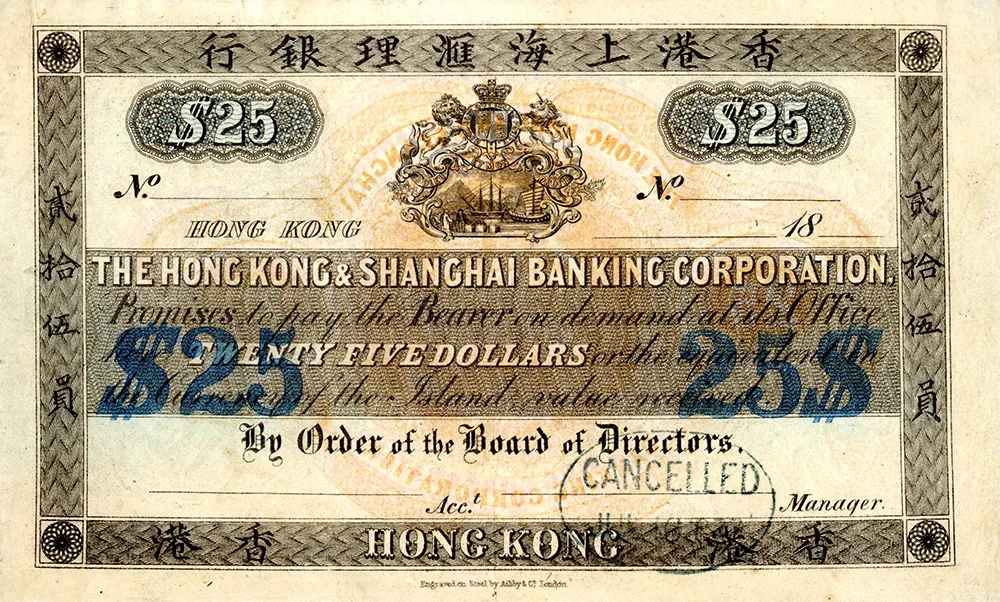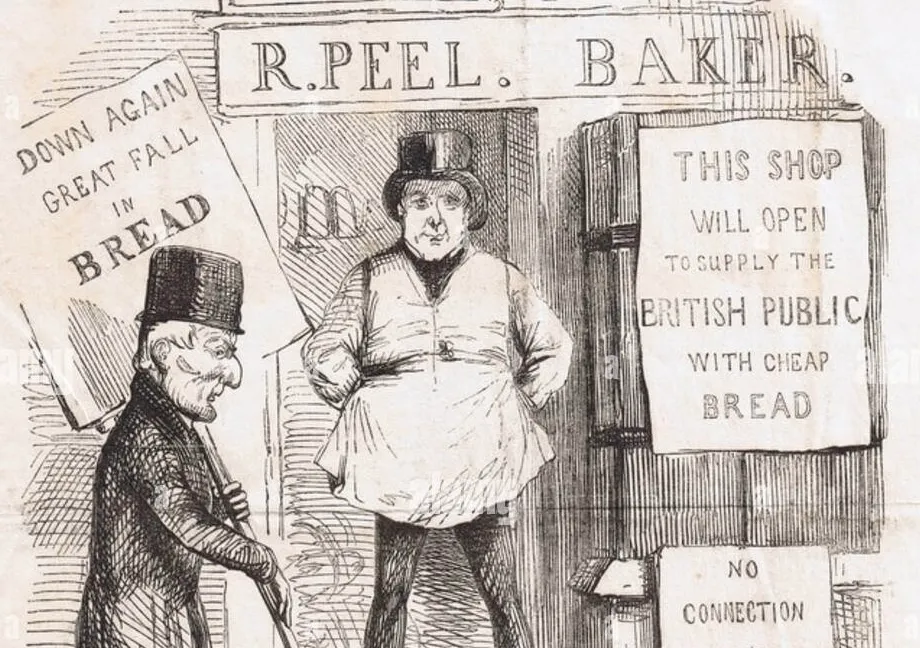“We Have Dared to be Free”: Teaching the Haitian Revolution
A discussion of how world history teachers can teach the Haitian Revolution to highlight its global significance and legacies.

The Haitian Revolution is arguably the most unique and powerful topic we teach in world history courses. When I began teaching world history in 1999, I was probably similar to many new world history teachers in not fully understanding the revolution’s significance or how to communicate it to my high school students. I am a White Cis man who had never even heard about the Haitian Revolution until college. Given my lack of understanding, I did not even devote an entire class period to the Haitian Revolution in my first year of teaching world history. Twenty-three years later, the Haitian Revolution was one of my favorite topics to teach and the one I dedicated the most class time.
A few factors contributed to this shift in my teaching of the Haitian Revolution. Scholars such as Laurent Dubois and Marlene Daut produced excellent resources challenging me to rethink my understanding of the revolution. They also produced shorter articles that could easily be adapted for students. Black Lives Matter made me consciously aware of how I teach many topics, including the Haitian Revolution. The most critical factor was feedback from students. Every year, students told me how much this topic affected them. Many admitted they had never heard of the Haitian Revolution before. Students regularly approached me after class and thanked me for giving the time to highlight how enslaved Africans successfully on Saint-Domingue revolted and abolished slavery. Their comments helped me understand that the story of the Haitian Revolution needed to be explored more deeply and meaningfully.
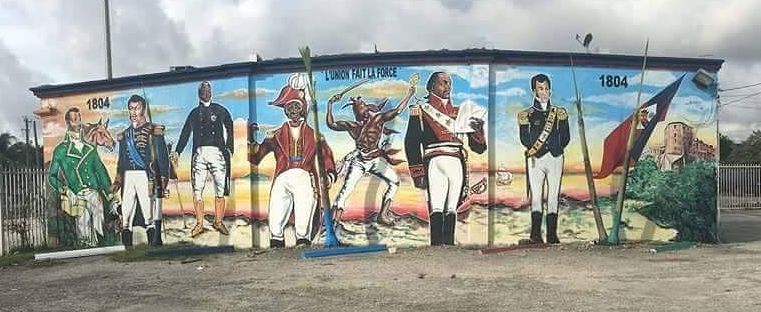
Over the next month, I will focus on how to help students understand the Haitian Revolution’s significance. By centering the voices of Haitians and integrating a variety of resources, students can begin to see how the significance of the Haitian Revolution has been minimized in world history textbooks. More crucially, students can see why some historians consider it the most radical of revolutions and how it shaped world history in the nineteenth century.
White Enlightenment Philosophers Didn’t Cause the Haitian Revolution
